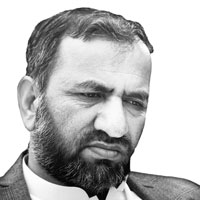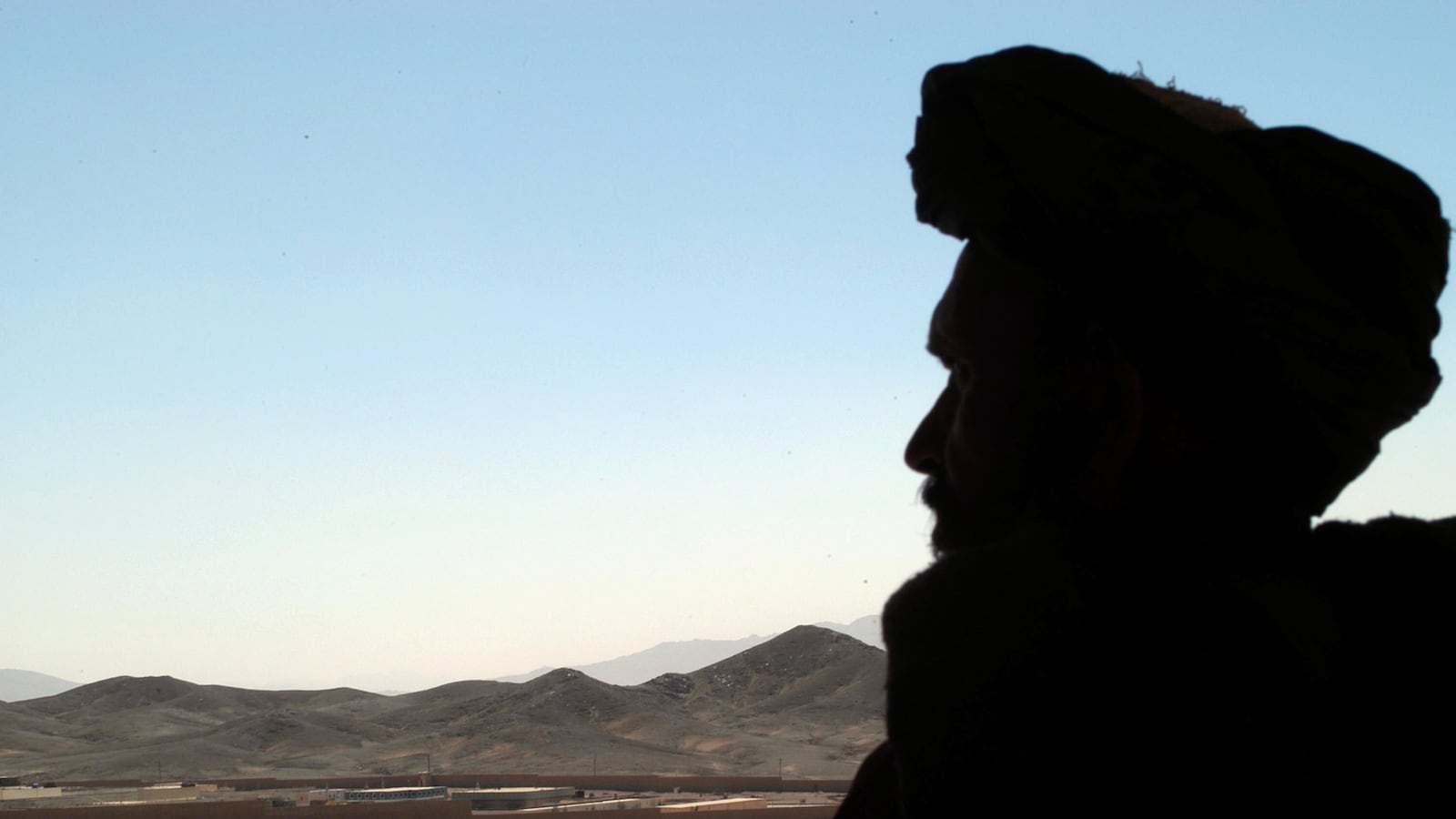A major split in the Taliban leadership has emerged that could have far-reaching implications for the war, for the progress of the American withdrawal from Afghanistan, and for the new government in Kabul as it tries to find a viable partner in peace negotiations.

According to official Taliban sources and an announcement on their Web site on Friday night, their top military commander, Mullah Abdul Qayam Zakir, has resigned for health reasons. But this follows almost two years of deepening rifts between the former Guantánamo inmate and the Taliban decision-making body known as the Quetta Shura Council. It raises fears that if the hardline Zakir was dismissed, as seems likely, he will try to make any peace settlement or truce impossible.
At a critical meeting in Pakistan late last year, the council agreed to pursue a political solution in Afghanistan rather than dramatically escalating attacks. But Zakir was conspicuously absent from that meeting. His longtime rival and likely replacement, Akhtar Mohammad Mansoor, on the other hand, played a prominent role in the deliberations.
A well-placed source among the Afghan Taliban tells The Daily Beast that Pakistan has advised the group to bypass talks with the United States or the lame-duck President Hamid Karzai and focus instead on talks with the administration of the new president who emerges from the current Afghan electoral contest, mostly likely former foreign minister Abdullah Abdullah.
But according to another senior Taliban source, a former minister in the Taliban government before its overthrow in 2001, “Zakir was strongly against [all] peace talks and political solutions. “This will be a test for the unity of the Taliban. If there is a backlash by Zakir and his people, ultimately that will mean the Taliban split into two factions.”
Zakir had been touted in some quarters as the second-in-command and possibly even the heir apparent to Mullah Omar, the charismatic one-eyed ruler of the country in the 1990s who hosted Osama bin Laden and Al Qaeda and then disappeared into the mountains riding a motorcycle at the time of the American invasion after September 11, 2001.
The Quetta Shura, in its announcement about Zakir’s resignation, insisted he was not a top deputy to Mullah Omar and did not speak for him, but merely commanded a large group of Taliban fighters.
In fact, Zakir has substantial support and influence among Taliban commanders in the war-torn province of Helmand, where many fighters come from his Ali Zai tribe. “He took hard stands against talking to the United States and Karzai, and that is the reason he is being expelled,” said the former minister. If his followers continue to back him and refuse to accept any path toward a political solution, the chances of bringing Afghanistan’s long war to an end any time in the near future will be slim to none.






